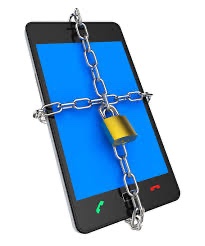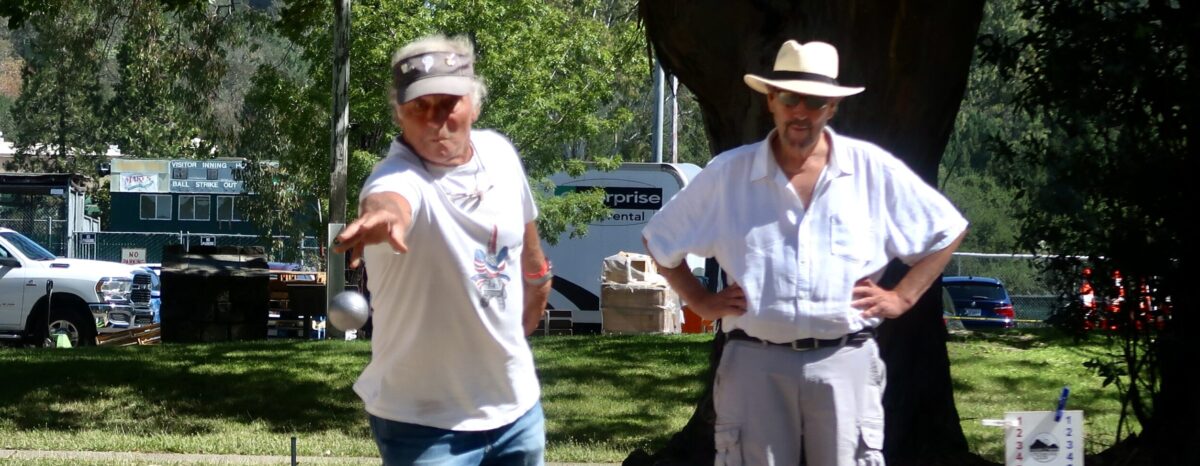Privacy? What privacy?
We are rapidly entering the age of no privacy, where everyone is open to surveillance at all times; where there are no secrets from government.
William Orville Douglas
 Google is by far the most popular search engine in the world, and chances are that you are one of its users. But by doing so, you allow Google to collect an amazing (and disturbing) amount of information about yourself.
Google is by far the most popular search engine in the world, and chances are that you are one of its users. But by doing so, you allow Google to collect an amazing (and disturbing) amount of information about yourself.
If you are a regular Google user, you have no privacy. Big Brother knows your name, your gender, your birth date, your cellphone number, where you live, where you work, where you go, what you like, what you watch, what sites that you have searched, etc.
It probably knows more about you than your own mother.
To its defense, Google allows you to control what you want to divulge about yourself, but navigating through its privacy labyrinth is an extremely laborious process… and few people bother to venture there.
Google, by the way, is not the only company collecting personal data. They all do it. Your personal information is now floating in cyberspace for anybody to grab. And crooks of all creeds and colors are on the lookout for it.
The real danger though is when politics are involved. It would now be very easy for a totalitarian regime to trace and detain anybody disagreeing with its policies.
Few people might think about it, but we are scarily close to Nineteen Eighty-Four. In 1949, George Orwell already imagined what such a society would be.
With cameras popping up everywhere and with face recognition software already widely used, there is no privacy anymore. We are already under the scrutiny of Big Brother. With its society now extremely polarized, it would not take very much for an American hardliner to take over and adopt spying technologies to frighten and control the masses.
“Religion is the opium of the masses” said Karl Marx. True, but not anymore. Smartphones are now much more addictive and dangerous than religion.
Kids today could not exist for three minutes without their smartphones. They would feel like fish out of water. If you would take it away, they would get in a withdrawal slump almost instantly and methadone might be needed.
Regardless or maybe ignorant of the danger, there is little chance that people will stop and desist. They will continue to use (and abuse) their smartphones. It is too devilishly appealing and convenient to give it up.
Just like any addiction, people won’t stop until something drastic happens. And it might be too late.
Alain
PS: Do yourself a favor: go to your Google Account and scrutinize your Privacy Checkup.
